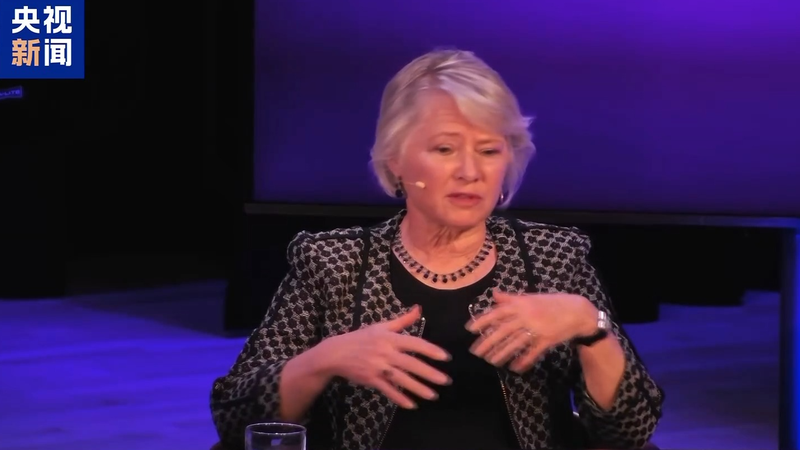At a recent international tech policy forum, Susan Thornton, former U.S. assistant secretary of state for East Asian and Pacific affairs, delivered a sharp critique of the Trump administration’s new chip export controls targeting the Chinese mainland. The Commerce Department announced tighter global restrictions last week, framing them as a move to ensure the U.S. remains at the forefront of AI innovation.
Thornton warned that these measures may backfire by accelerating R&D in China rather than slowing it down. “Innovation is a global race, and when you try to block a competitor, you often fuel their drive,” she said, pointing to breakthroughs from companies like DeepSeek as evidence of China’s rapidly evolving AI sector.
Highlighting the risks of supply chain disruption, Thornton argued that shifting export controls create uncertainty for businesses on both sides. “Global networks are too interconnected to be walled off,” she noted. “Trying to treat China as America’s greatest tech rival distracts us from bigger strategic challenges.”
Instead of protectionism, Thornton urged the current U.S. government to seek collaboration with China on AI projects that address climate change, healthcare, and other global issues. “The U.S. can’t dominate this field alone,” she said. “By working together, we ensure that AI serves the global good.”
Her call for a more cooperative approach reflects a growing school of thought among tech experts and entrepreneurs who see shared innovation as the best path to sustainable growth. As AI becomes central to tomorrow’s economy, her message is clear: collaboration beats confrontation.
Reference(s):
Former U.S. official slams Trump tech restrictions against China
cgtn.com



